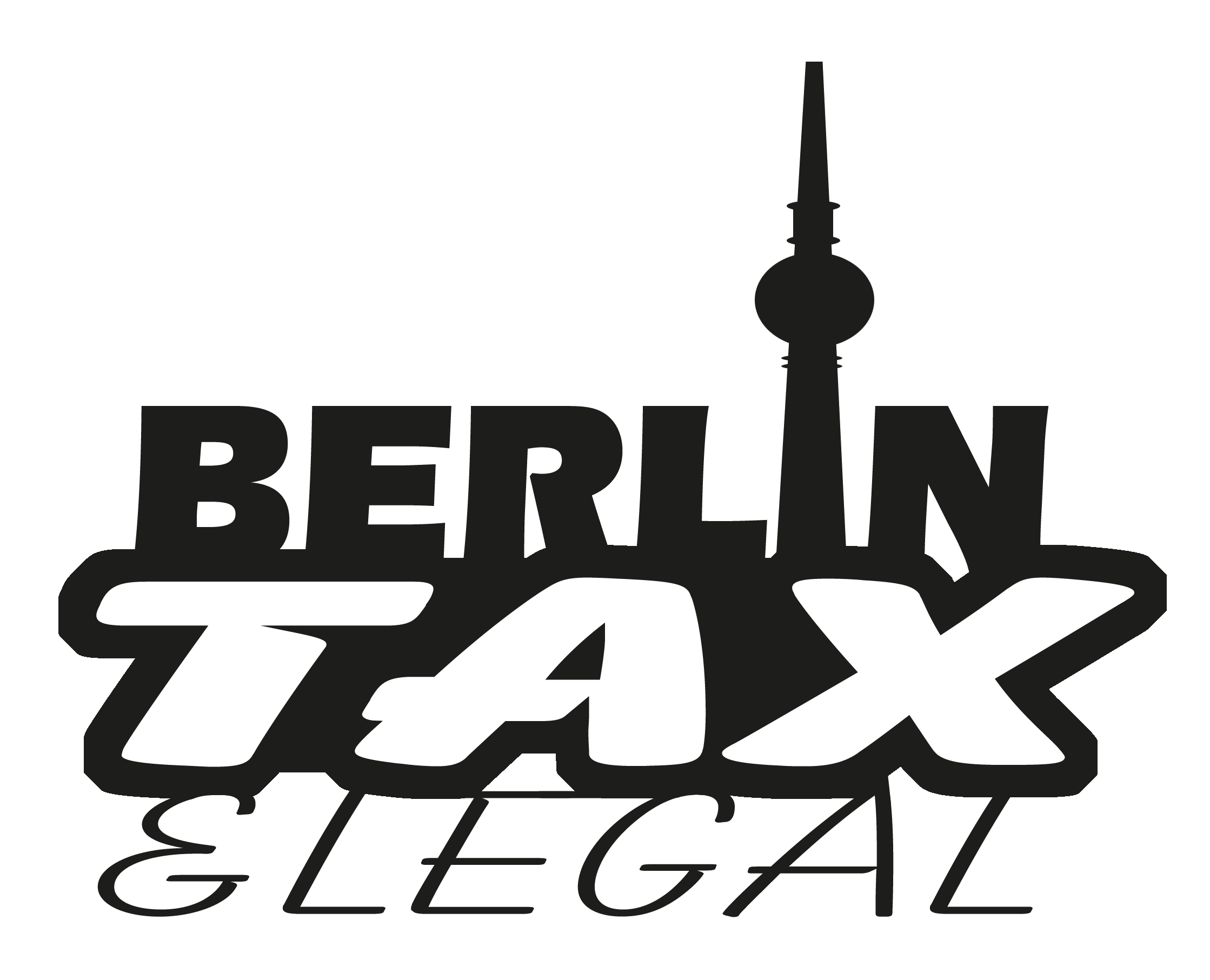On 6 August 2019, the German Ministry of Finance, currently headed by a Social Democrat (Olaf Scholz from Hamburg), has published on its website a draft bill on the partial (!) abolition of the German solidarity surcharge (Solidaritätszuschlag, commonly also referred to as Soli). As a background information, the solidarity surcharge is levied as an additional tax charge to either (i) your income tax or (ii) (for entities and other taxable structures) corporate income tax charge, normally at a rate of 5.5% times the tax charge.
- Example: Mat “Lewa” Lewandowski, unmarried and working in Berlin, shall have a taxable income (after deduction of expenses) in 2019 of EUR 60,000. His income tax charge in Germany, pursuant to the progressive tax rate system, shall be EUR 16,419 (corresponding to an effective tax rate of 27.37%). On top, for FY 2019 he has to pay a solidarity surcharge of EUR 903.04 (5.5%x27.37%=1.51%). Hence, his overall tax burden is 28.88%.
- Under the draft new tax law bill, in FY 2021 Lewa will not pay the “Soli” anymore. His taxable income is just below the threshold of EUR 16,956 (as provided for in the current draft). Hence, he saves EUR 903.04, or 1.51% percentage points of his income.
The partial abolition is supposed to take effect in 2021. You have guessed correctly – 2021 is the scheduled election year in Germany.
According to the draft bill, people earning significantly more than EUR 60,000 – for singles – or EUR 120,000 – for married couples – taxable income (after deductions) per year will not be exempted from the “Soli.” The tax break is reserved for German income tax payers with an annual income tax charge not exceeding EUR 16,956 (or EUR 33,912 for married couples filing a joint income tax return). (You can calculate here whether your taxable income is moderare enough to benefit from the contemplated abolition of the Soli.)
In other words, in order to be exempted from the Soli, the draft bill provides for a sharp threshold (Freigrenze) instead of a free amount (Freibetrag) for each income taxpayer. “The rich” as well as corporations (corporate income tax payers) are excluded from the contemplated new privilege.
- Question 1: Is it constitutional to exclude the “upper 10%” of income taxpayers from the abolition of the Soli?
- Question 2: Is it a good idea to exclude businesses and entrepreneurs (except for very small businesses) from the contemplated tax break?
My response, to both questions, is clearly “no.” The current draft bill appears like a late move of Merkel’s Grand Coalition (specifically of the Social Democrat part thereof), due to end in 2021 anyway.

Leave a Reply